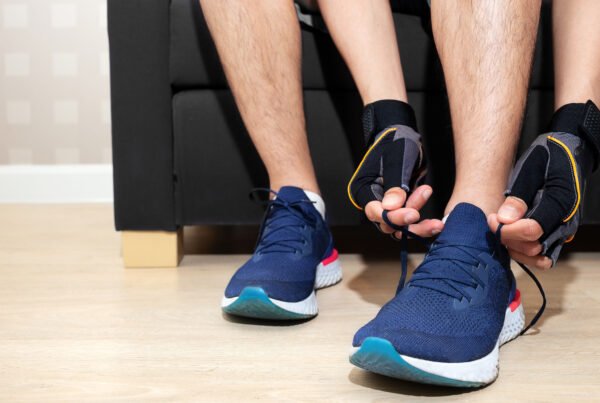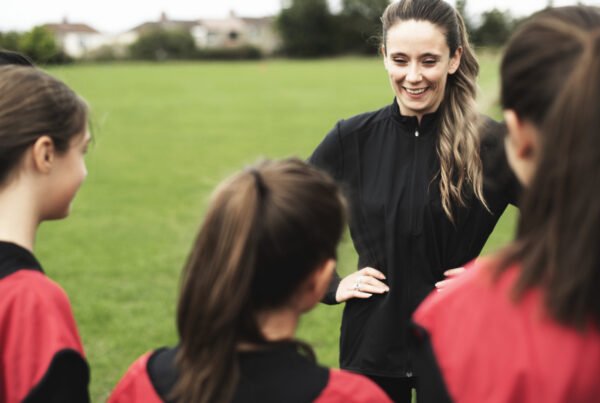The lockdown enforced by COVID-19 has proved a perfect opportunity for sport to rethink gender bias, according to researcher Jane Dennehy of the Gender Hub.
Scotland is not the only country in the world to wrestle with the challenges of ‘gender gaps’ in sport, whether through participation levels or representation among officials and in the media. Much has improved in Scottish sport in recent years, Dennehy finds in her latest research review for the Observatory for Sport in Scotland, but it is not widespread across the country.
Analysing developments in women and girls sport in this country, Dennehy finds that the impact of gender on sport is becoming more widely understood at national and community levels. However, there remains a fragmented network of expertise in gender as it relates to sport in Scotland, and requires academic research asking new and different questions in order to provide the data necessary to compare and contrast approaches, and better support girls and women in sport.
She concludes that opportunities exist to use understanding of gender in society to improve community space, equitable investing, elite pathways and the social benefits of sport and other physical activity. Read the full paper below.
Dennehy explains: “The tendency for people often is to seek to differentiate between ‘boys and girls’ or ‘men and women’, but one has to be very careful suggesting boys and girls or men and women learn differently, for example, which is essentialist and leads to biological assumptions, when it is how we teach them that is different.
“Asking better and more informed questions is key because if we keep asking the same question, we will likely keep getting the same answer. The overriding message is that we cannot really engage with gender and equity, equality and justice until it is acknowledged that it isn’t a conversation about girls and women, but has to be a strategic approach to how we relate and decide about resources for what groups and what the goal is in making those decisions.
“Alongside this there has to be commitment for organisations to show that they are including the voices of women at all levels of decision making and decision influencing – whose on the panels at events, whose on the boards, whose on the coaching team, whose getting the development opportunities and so on.”
Dennehy’s research views are shared by New Zealand academic Sarah Leberman, the Massey University professor made a Member of the New Zealand Order of Merit for services to women, sport and tertiary education. Leberman was involved in developing a £5 million New Zealand Government strategy to increase leadership, participation, value and visibility of women and girls in sport.
Speaking this week to George Heagney of the New Zealand title Stuff (full article here), she said: “We’ve made significant progress, but right now, post-Covid, we need to make some big choices. This is the opportunity for sports organisations to take a look at how we can change the way we run sport going forward with an equity lens. How do we get everyone to take part?
“[The women in leadership programme] has been one of the longest running leadership programmes for women. It’s made a big difference in terms of women’s career opportunities and it’s changing the sector. [But] our systems and structures are not really set up for equity, which includes women and these groups that are disadvantaged: Māori, Pasifika, people with disabilities or ethnic minorities.”




